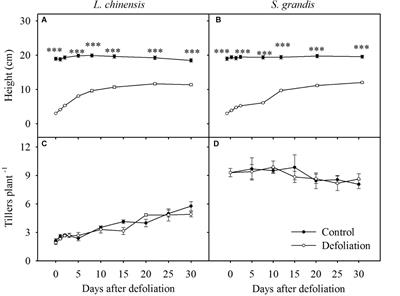EDITORIAL
Published on 08 Oct 2019
Editorial: Adaptation of Dryland Plants to a Changing Environment
doi 10.3389/fpls.2019.01228
- 3,367 views
- 3 citations
15k
Total downloads
65k
Total views and downloads
EDITORIAL
Published on 08 Oct 2019
ORIGINAL RESEARCH
Published on 11 Jul 2019

ORIGINAL RESEARCH
Published on 16 Apr 2019

ORIGINAL RESEARCH
Published on 26 Mar 2019

ORIGINAL RESEARCH
Published on 18 Mar 2019

ORIGINAL RESEARCH
Published on 05 Mar 2019

ORIGINAL RESEARCH
Published on 26 Feb 2019

REVIEW
Published on 15 Jan 2019

ORIGINAL RESEARCH
Published on 05 Dec 2018

ORIGINAL RESEARCH
Published on 28 Aug 2018

ORIGINAL RESEARCH
Published on 08 Aug 2018

ORIGINAL RESEARCH
Published on 06 Aug 2018
